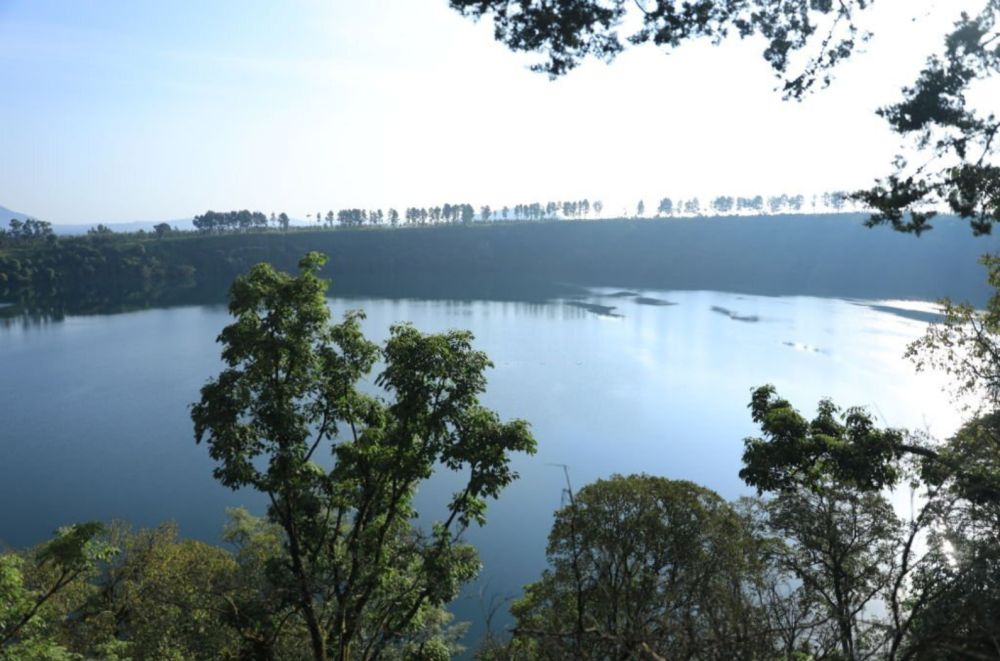

Set amidst the verdant hills of Ukhrul in Manipur, India, lies the serene and pristine Kachouphung Lake, a hidden gem that has gradually emerged as a cherished destination for nature lovers and explorers alike. The tourism history of Kachouphung Lake is interwoven with the cultural fabric and natural beauty of the region, attracting those who seek tranquility and a connection with the untouched splendor of the great outdoors.
While Kachouphung Lake may not have featured prominently in the annals of historical travelogues, the region of Ukhrul has long been celebrated for its rich cultural heritage and diverse flora and fauna. The indigenous Tangkhul Nagas, who inhabit the area, have cherished the lake and its surroundings for centuries, with the sparkling waters serving as an integral part of their livelihood and spiritual beliefs.
It was only in the latter part of the 20th century that Kachouphung Lake began to gain recognition outside the local communities. The emergence of eco-tourism as a sustainable travel trend brought the lake into the limelight, showcasing its potential as a destination that harmoniously blends environmental conservation with cultural sensitivity.
Today, Kachouphung Lake is celebrated as a peaceful retreat far from the hustle and bustle of city life. The recent years have seen a gradual increase in infrastructure development, aimed at promoting responsible tourism without compromising the region's ecological balance. Visitors can indulge in activities such as boating, bird watching, and hiking in the nearby hills while respecting the sanctity of the natural environment.
The latest trend in tourism at Kachouphung Lake involves a commitment to sustainable practices that ensure minimal ecological impact. Local communities, government agencies, and environmentalists are working together to create a model of responsible tourism that can serve as an example for similar destinations.
Initiatives like waste management programs, the promotion of local handicrafts, and the development of eco-friendly accommodations contribute to an experience that is both enriching for tourists and empowering for the indigenous communities.
In the broader context of Indian tourism, Kachouphung Lake represents a paradigm shift towards destinations that offer more than just aesthetic beauty. The lake stands as a testament to the potential of rural and unexplored areas in contributing significantly to the country's tourism tapestry while maintaining an unwavering commitment to conservation and community welfare.
As visitors continue to discover this tranquil corner of Manipur, the story of Kachouphung Lake's tourism history serves as an inspiring chronicle of harmony between nature and human curiosity. The future shines bright for this enchanting region, as it navigates the tides of modern tourism with grace and resilience.